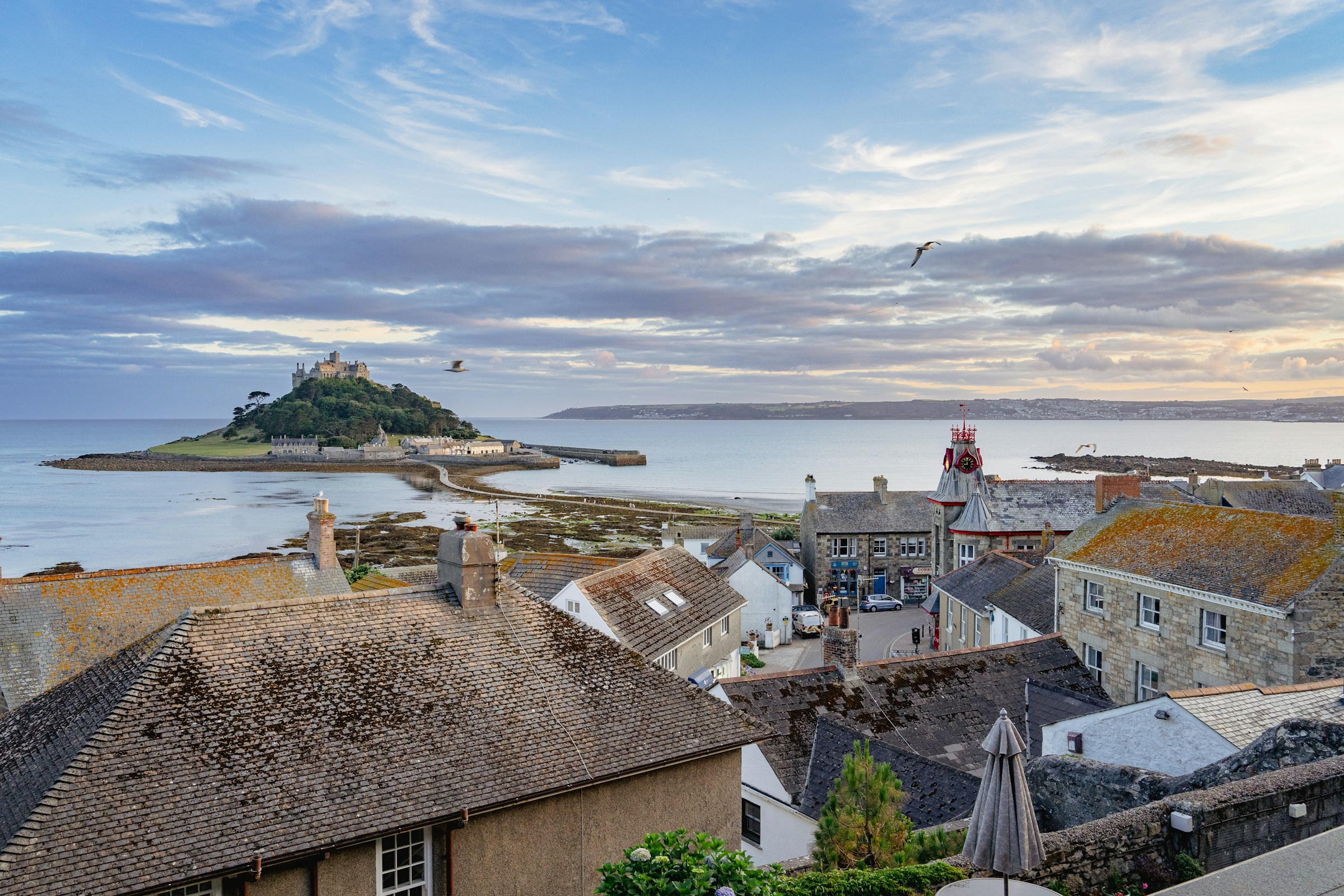What insurance considerations should you have when renting a holiday home in the UK?

Renting a holiday home can be an exciting, yet daunting venture. Getting the right insurance in place will not only protect your property but also provide peace of mind. In today's article, we discuss the key insurance considerations you need to be aware of when renting out your holiday home in the UK.
Understanding the Coverage: Buildings and Contents Insurance
Before renting out your holiday home, it's crucial to understand what your insurance policy covers. The two types of insurance that are most pertinent to holiday homeowners are buildings and contents insurance.
A lire également : What legal aspects should you consider when booking a holiday rental on the Isle of Wight?
Building insurance ensures that the physical structure of your property, along with its permanent fixtures, are covered in the event of damage. This could result from natural disasters such as floods or storms, or from human-related incidents like vandalism.
Contents insurance is designed to cover the loss or damage to items within your home. This could include furniture, electronics, and personal belongings. If you're planning to rent out your furnished holiday home, having contents insurance is a must.
A lire aussi : What are the noise considerations when booking a holiday rental in central Birmingham?
Remember, standard home insurance policies may not provide coverage when the property is rented out. Hence, you should opt for a specialized holiday home insurance policy.
Importance of Public Liability Coverage
Renting out your home to guests inherently involves a degree of risk. Accidents can occur, and if a guest is injured on your property, you could be held liable. This is where public liability coverage comes into play.
Public liability insurance protects you from the financial fallout of such incidents. It covers the legal costs and any compensation claims made against you. Consider this type of insurance as a safety net, as it shields you from potentially significant out-of-pocket expenses.
While not legally required, public liability coverage is strongly recommended for anyone renting out a holiday home. Without it, you could be left financially exposed should a guest file a claim against you.
Second Home Insurance Considerations
Unlike a primary residence, holiday homes are often left unoccupied for extended periods. This poses unique risks, such as property damage that goes unnoticed or a higher likelihood of break-ins.
As a result, getting a second home insurance policy is a prudent move. These policies are specifically designed to cover homes that aren't occupied year-round.
When shopping for a second home insurance policy, carefully review what it covers. Some policies may include coverage for ‘unoccupancy’, which means your home is still covered even when it's empty. This could prove invaluable if your holiday home suffers damage during a period when it's not being rented out.
The Cost of Insurance
The cost of insuring your holiday home will depend on several factors such as the property's location, size, and the level of coverage you choose.
In general, the cost of holiday home insurance tends to be higher than regular home insurance. This is due to the increased risks associated with renting out a property and the fact that holiday homes are often left unoccupied.
To find the best deal, it's advised to compare quotes from several insurance providers. Additionally, taking preventive measures, such as installing a security system or using a property management service, may help to reduce your premiums.
Loss of Rent Coverage
Lastly, another important consideration is loss of rent coverage. This form of insurance protects against financial loss if your property becomes uninhabitable due to an insured event and you're unable to rent it out.
For instance, if there's a fire or flood damage and the repairs take months, you'll lose out on potential rental income during this period. With loss of rent coverage, you’ll receive a payout to compensate for this lost income.
In the world of holiday home rentals, it pays to be prepared. By considering these insurance aspects, you can safeguard your property, protect your financial interests, and ensure a positive experience for your guests.
Remember, the right insurance coverage is more than just a financial decision. It’s about peace of mind and security. So, take the time to understand your options and make an informed decision. After all, it's not just a holiday home you're protecting – it's your investment.
Avoiding Accidental Damage Pitfalls
An often overlooked but vital consideration when insuring your holiday home is accidental damage caused by paying guests. While you might trust your guests to treat your home with respect, accidents happen. A spilled glass of red wine could ruin a carpet, or a dropped plate could chip a tile. These might seem like small issues, but the costs can quickly add up.
Accidental damage cover in your insurance policy can protect against these unexpected mishaps. This type of cover is not always included as standard in holiday home insurance, so you must check your policy details carefully. If it’s not included, you can usually add it on as an extra.
Moreover, remember that not all accidental damage cover is the same. You should check what types of incidents are covered. For instance, some policies might cover damage to buildings and contents, while others might only cover one of the two.
It's also crucial to determine the policy's upper limit for accidental damage claims. Ideally, this should be enough to cover the cost of replacing any high-value items in your holiday home.
Lastly, keep in mind that some insurers might require you to take certain steps to be eligible for accidental damage cover. For example, they might ask that you compile an inventory of items in your home or have certain security measures in place.
Considering Natural Disaster Coverage
UK weather can be unpredictable and sometimes severe. Storms, floods, and even snow can cause significant damage to holiday homes, especially those in coastal or rural areas. Therefore, it’s wise to consider natural disaster coverage when choosing your holiday home insurance.
Natural disaster coverage can protect your property against damage caused by events such as floods, storms, and subsidence. It typically covers the cost of repairing or even rebuilding your home if it's damaged by an insured event.
Remember, not all home insurance policies automatically include natural disaster coverage. You'll need to check your policy details carefully and consider adding this extra if it's not already included.
The level of natural disaster coverage needed will depend on your holiday home's location. If your property is in an area prone to flooding or has a history of subsidence, for instance, it might be worth getting a higher level of cover.
It's also worth noting that a standard home insurance policy might not provide coverage for damage caused by 'acts of God.' These are events that are considered out of human control, like earthquakes or extreme weather conditions. If your holiday home is in an area susceptible to these types of events, consider looking into a policy that includes 'acts of God' coverage.
Conclusion
Renting out your holiday home can be a rewarding venture, but it's not without its risks. Navigating the many facets of holiday home insurance can be challenging, but it's crucial to get the right insurance in place to protect your investment and give you peace of mind.
It's important to balance cost with coverage. While it may be tempting to go for the cheapest policy, remember that it might not provide comprehensive cover for your holiday home. Instead, consider all aspects of your property and its use, from the potential for accidental damage by paying guests to the risk of natural disasters.
Finally, don't forget to review and update your insurance policy regularly. Your needs may change over time, and your policy should reflect these changes.
In short, taking the time to understand and select the right insurance for your holiday home can save you from unnecessary stress and financial hardship. Protect your investment, and enjoy the assurance that comes from knowing your holiday home is well-covered.
